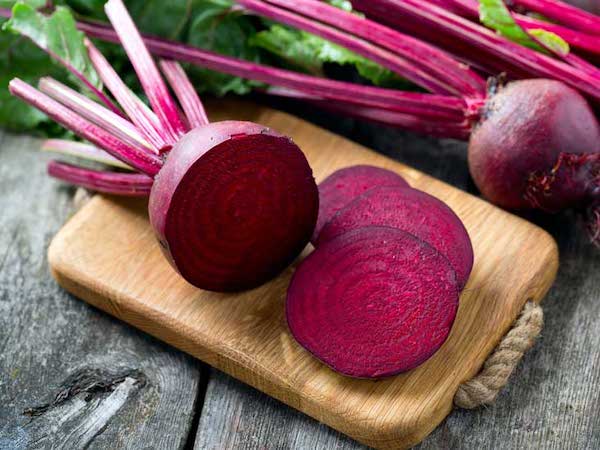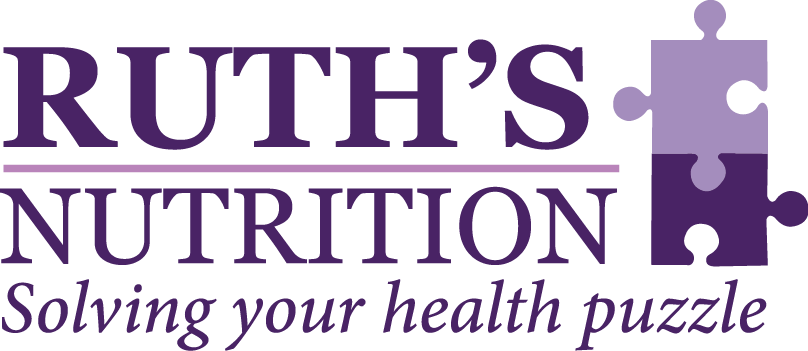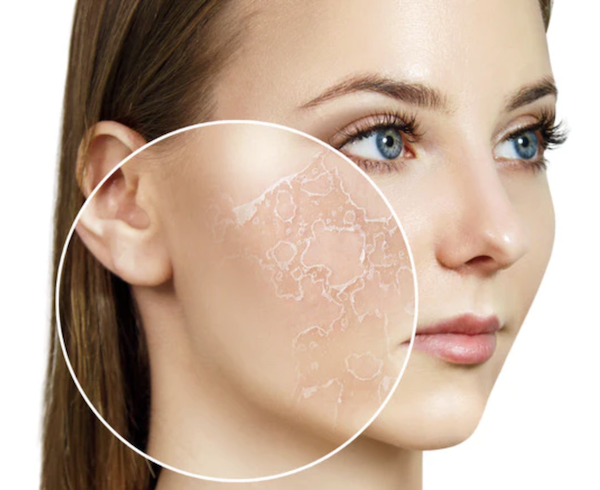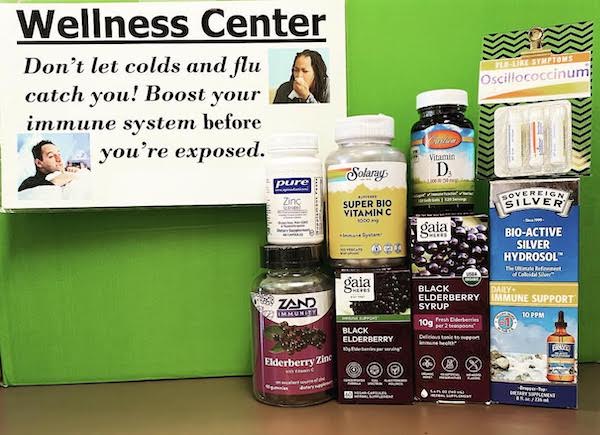What’s all the buzz about beets?

By now you’ve seen all the supplement powders, pills, and gummies containing beets that have popped up on health food store shelves. Multiple companies have stepped into this market, making us ask the question why. What’s going on with this old-fashioned, earthy vegetable?
Turns out, it’s a lot. Besides being packed with fiber, vitamins, and minerals, beets also contain powerful plant compounds: polyphenols, betaine, and nitrate. Together, these deliver powerful human health benefits.
Benefits
Heart health – The nitrates in beets are converted in your body into nitric oxide, a known blood vessel relaxant. Relaxed blood vessels can carry more blood and therefore lower blood pressure. Beets also are high in folate, which studies show can help lower blood pressure.
Brain support – Beets support your brain by increasing vasodilation and therefore delivering more blood and nutrients to the brain. Studies show it especially increases blood flow to the frontal lobes, the area of the brain that controls decision making and working memory.
Cancer fighter – Test-tube studies show that one pigment in beets, betacyanin, slows growth of both breast and prostate cancer tumors.
Inflammation fighter – The pigments in beets are anti-inflammatory. Studies show that those consuming beet juice for just two weeks significantly lowered inflammatory markers, including C-reactive protein (CRP) and tumor necrosis factor-alpha (TNF-a). Another study found those with arthritis who added beet capsules to their diets reported reduced pain and discomfort.
Improved athletic endurance – The nitrates in beets that cause vasodilation also improve the efficiency of mitochondria, those tiny organelles that produce energy in every cell. Studies show ingesting beets or beet juice lengthens the time it takes to get exhausted when exercising, and improves cycling performance up to 20 %.
Methylation donor – Beets contain several ingredients – betaine, vitamin C, potassium, folate – that keep methylation humming. Methylation is a process that occurs constantly in the body and is key to maintaining good health. When a methyl group (one carbon bonded to three hydrogens) is added to or removed from a strand of DNA, the volume on that gene is turned up or down, changing gene expression that can positively or negatively affect your health. DNA methylation is a big deal; current research shows poor methylation contributes to several diseases. Bottom line, beets positively affect your genes.
They have such a positive effect, in fact, that Dr. Kara Fitzgerald recommends eating beets a minimum of three times a week in her new book, “Younger You: Reduce Your Bio Age and Live Longer, Better.” If you just can’t stand the taste of beets, Fitzgerald recommends taking a daily beet supplement.
REFERENCES
“Younger You: Reduce Your Bio Age and Live Longer, Better” by Dr. Kara Fitzgerald



